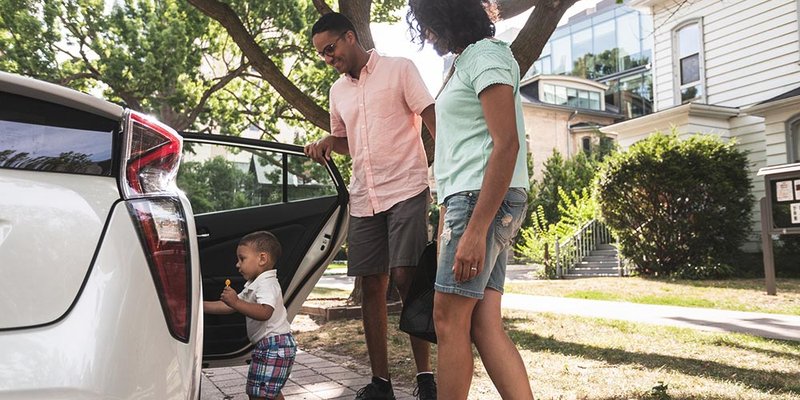
If you are not redirected within 30 seconds, please click here to continue.
Samedi: 10h – 16h HAE

If you are not redirected within 30 seconds, please click here to continue.
If you are not redirected within 30 seconds, please click here to continue.
Will Driverless Cars Wreck the Auto Insurance Business?

Table of Contents
Google reignited the self-driving car concept in 2010 when it unleashed a fleet of Toyota Prius hybrid cars loaded with sensors, artificial intelligence software, video cameras and GPS arrays.
Automotive enthusiasts, who've been fascinated with the notion of driverless cars for decades, were impressed that Google's cars had already logged 1,000 miles without any human intervention and over 140,000 miles with minimal handling.
Google researchers also pointed out that driverless cars can eliminate 90 percent of auto accidents. To add perspective, statistics show that 1.2 million people are killed on the world’s roads each year, and as many as 50 million others are injured.
Since autonomous vehicles made a clear case for increased safety, less traffic congestion, reduction in accidents and even less car theft, insurers were left with the big question: What would happen to the car insurance industry?
Surely, car insurance rates would nosedive, and that would make a huge dent in insurance profits, but was there any rush to change business practices since driverless cars were decades away from mass production?
Well, some say we are a lot closer than that. Google co-founder Sergey Brin and Carlos Ghosn, CEO of Renault-Nissan expect to see driverless technology and cars on the horizon by 2020 based on the level of progress so far. Add to that the states of Nevada, California and Florida have already passed laws to approve testing of autonomous cars on public roads. In Canada, the Ontario Ministry of Transportation is currently working on a proposal for project testing the safety of driverless cars.
One of the larger North American insurance companies, State Farm, which recently sold its Canadian property and casualty business to Desjardins Group, is embracing the technology and has joined Ford and the University of Michigan in their automated Ford Fusion Hybrid research project. The first item on the agenda is vehicle-to-vehicle communication (V2V) that alerts drivers about congestion, accidents, and weather up ahead. Ford will then branch into adaptive cruise control, steering, and advanced V2V systems.
But there still remains significant legal issues to sort out. Chief among these and probably the most important for the insurance industry has been raised by Tom Kavanagh, director of the insurance practice for PricewaterhouseCoopers, who asks: "If there is no driver, then who assumes liability if there is an accident, the owner or the manufacturer?"
While that's debated by lawyers in the years to come, perhaps insurance companies should table policy drafts for both parties.
Robert Passmore, Sr. Director at Property Casualty Insurers Association of America, draws attention to other points of contention in a PropertyCasualty360.com article. Despite the enhanced safety features the autonomous car delivers, there is still the risk of a collision with vehicles still being driven manually. Also, notes Passmore, the technology will probably make the cars more expensive, and the increased value will need to be insured against damage from natural events and theft.
While there is a myriad of issues still to be fixed in the technology circles and debated in legal arenas, there is also the labour intensive and painstaking task of rewriting legislation in the next few years to accommodate the widespread use of autonomous vehicles.
In this time, auto insurers with their decades of experience with cars, claims and customers have the grand opportunity to retool service requirements for driverless cars, their owners or operators and all of the component makers that have a hand in production.
Latest Articles
Get money-saving tips in your inbox.
Stay on top of personal finance tips from our money experts!










